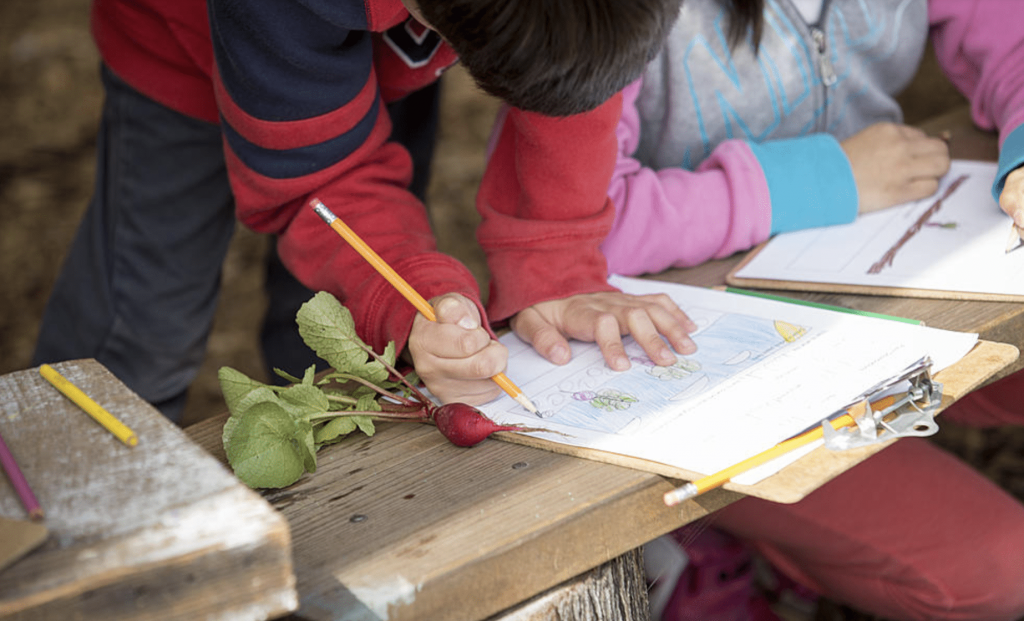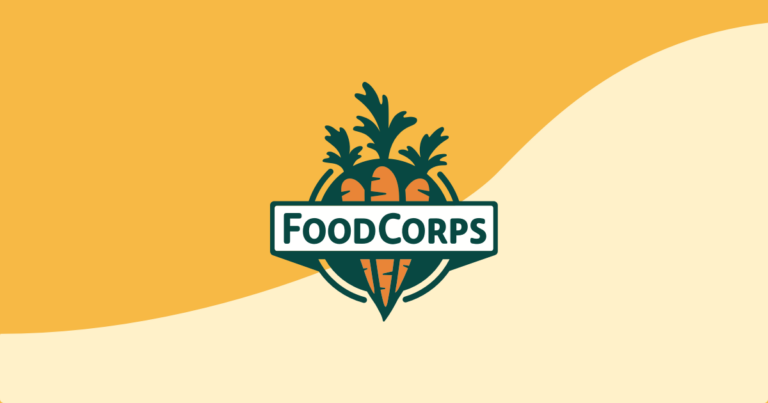How FoodCorps Helps Kids Across the Nation Develop Healthy Eating Habits
Erica Curry, Director of Education at FoodCorps, talks with The Beet about how to encourage healthy eating at home while schools are shut down.
Erica Curry, Director of Education at FoodCorps, talks with The Beet about how to encourage healthy eating at home while schools are shut down.

By Stephanie McClain for The Beet
The most steadfast habits are built from a young age, and adopting a well-balanced, healthy diet is one of the top indicators for living a long life. One organization helping students in the US develop a more nutrient-rich diet is FoodCorps, a non-profit that works with communities to connect kids to healthy food in school. Founded in 2010, FoodCorps impact just a decade after its inception is profound: 73 percent of the schools that FoodCorps has worked with in the past ten years reported measurably healthier food environments by the end of the school year. Students with FoodCorps programs at their school ate up to three times the amount of fruits and vegetables per day as those who did not, and in 2019 alone, FoodCorps programs impacted over 167,000 students nationwide.
We spoke with Erica Curry, Director of Education at FoodCorps to learn how the organization has impacted communities around the country, and how we can encourage healthy eating in light of the COVID-19 pandemic, where schools are shut down and healthy eating learning takes place at home.
Q: Habits are a huge factor in teaching young kids how to eat healthily, and habits are often started at home. How does your mission to “connect kids to healthy food in school” translate to eating at home?
A: Kitchens and gardens are classrooms, too! They are spaces to bring academic concepts to life and change attitudes toward healthy foods along the way. Research shows that students who participate in farm to school, cooking clubs, gardening, and other nutrition education programs are not only more knowledgeable about fruits and vegetables, but they also eat more fruits and vegetables. We see the evidence in the schools that we serve across the country. Recently a parent shared that Brussels sprouts are now a dinnertime favorite after her daughter tried them during our taste test in the school cafeteria. Was it the taste test that changed her mind? Or was it the time her daughter spent planting seeds in the school garden? Or maybe it was the science lesson with a food educator in the classroom?
Education impacts how children perceive food and hands-on learning can extend beyond the classroom and be shaped by experiences both at home and at school. Also, food is a big part of cultural identity, and our lessons are adaptable for a family to explore personal history, traditions, and preferences. There is not a one-size-fits-all solution for how we eat and how we learn about food but our lessons can serve as a guide towards healthier eating.

FoodCorps in the News: 2024

FoodCorps’ Statement on the 2024 Election

FoodCorps Welcomes Rachel Willis as Interim President